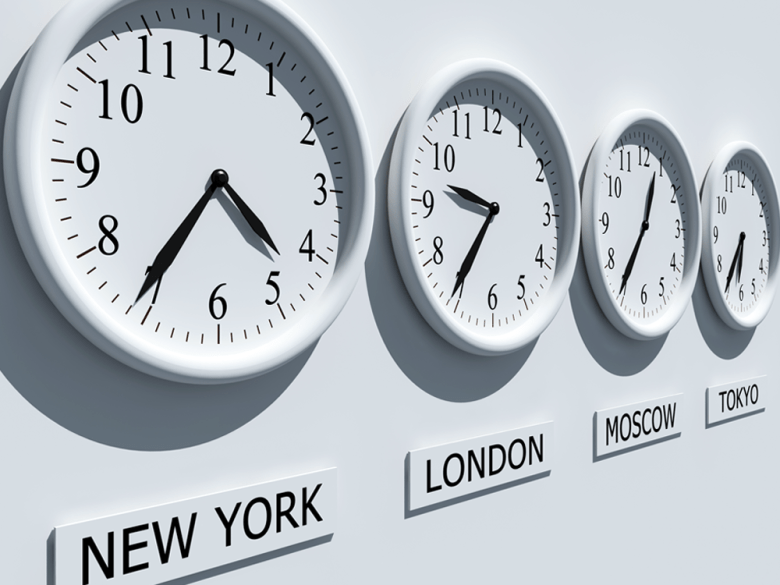If you travel internationally and across continents you are probably familiar with jet lag. It comes with restless sleep, tiredness during the day, stomach troubles, having a hard time concentrating and functioning normally. It is not really possible to avoid jet lag when travelling across several different time zones. But I have some tips on how to cope with jet lag that have helped me. I hope they will benefit you too.
1. Adjust to Jet Lag Before Your Trip
If you are flying east try to go to bed earlier in the days before your trip. For example, go to bed half an hour earlier each day in the week before your flight. If you plan to travel west, go to bed half an hour later each day. This will help your body adjust easier once you arrive at your destination.
2. Start On the Plane
Set your phone and watch to the new time zone when you board your plane. This will not affect your body. But it will affect your mind. And that is just as important. Try to sleep or at least rest during your flight if it is night time at you destination. Do not use you phone or TV screen during that time.
It is not always easy to sleep on an airplane. I always take ear plugs with me and a small neck pillow to help me cope with the noise and upright position. Using the blanket you get on the plane will probably help too. And do not forget to move around during long flights. Get up. Walk. Stretch. If you think people will find it weird – do it at the back of the plane.
3. Drink Enough Water
The air pressure in a plane can reduce oxygen levels and make you feel uncomfortable and dehydrated. So drink enough water before and during and after your trip. It is best not to drink alcohol and coffee or energy drinks while it is night time in your new destination. It will only make things worse for you.

4. Take Melatonin to Combat Jet Lag
I always take melatonin with me when I travel across continents. Melatonin is totally natural. It is a hormone that regulates your bio rhythm and sleep routine. Your brain produces this hormone to make you feel drowsy and want to go to bed. Taking at least 3 milligrams of melatonin an hour or two before you want to sleep at your new destination will help your body to adjust its internal clock. Make sure you can sleep in the next morning, if possible. Stop using melatonin once you have readjusted. If you want to try it, you can get it here.
5. Get Into a New Routine Quickly
Whatever you do during a normal day at home – start doing it in your new destination at the same time. This is especially true for your sleep rhythm but also for when you have your meals and exercise routine. Even though you may be sleepy during the day or not hungry – you can help your body readjust by getting into a routine as quickly as possible.
6. Exercise After You Arrive
It is always a good idea to exercise even when you are on vacation. Try to make it part of your routine, whether you are at home or travelling. But beware: do not exercice in the hours before you sleep. It energises your body and might prevent you from a good night’s sleep. Maybe you can exercise the morning after you arrive? It will help you cope with your jet lag immediately and have a good first day.
Let Me Know How You Handled Jet Lag
There is no pill or simple measure to combat jet lag. Even doing all of the above will not eliminate your jet lag. But it will help you adjust faster. So why not try these out the next time you travel to a different time zone? Let me know how it goes. You can contact me by direct message on my Instagram Account. I am happy to hear your experience!

Now that you know how to cope with jet lag – did you know that your jetlag makes the world a better place? It’s true. Find out why!


